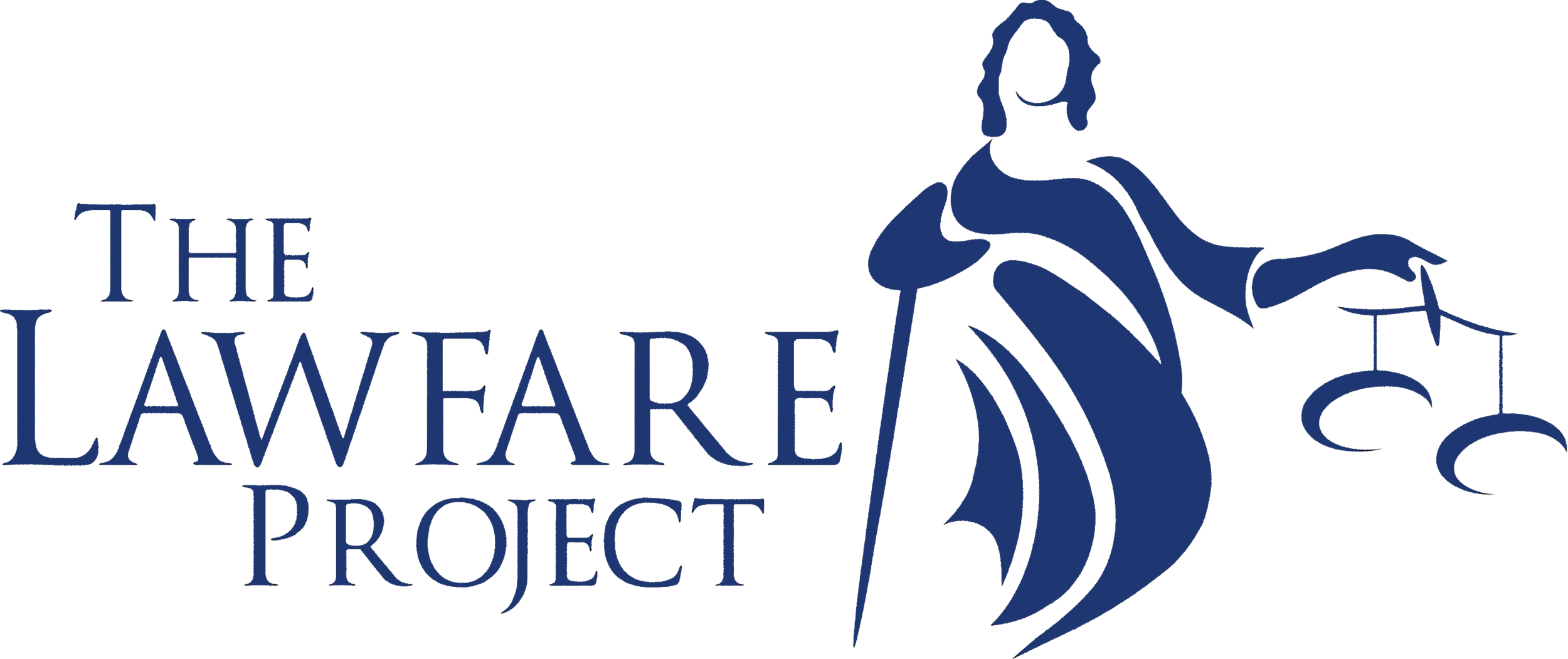Australian University Censors Speech Offensive to Islam, Threatens Students
June 3, 2013 – NEW YORK – Australian National University (ANU) administrators have given student board members and authors of the school’s newspaper Woroni an ultimatum: retract a recently published infographic satirizing Islam or face disciplinary proceedings that could include expulsion. Not surprisingly, the students responded to the school’s threat by removing the image from the Internet, having already published an apology to “any readers who felt victimised, while stressing that the piece was intended to be satirical.”
The infographic was the fifth in a student-produced series that satirized aspects of different religions, preceded by installments on Catholicism, Scientology, Mormonism, and Judaism. Only the piece on Islam drew university censorship, following a complaint by the International Students Department. According to ANU vice-chancellor Ian Young, the Chancelry (administration) “felt [the piece] actually breached the rules of the university in terms of student conduct and . . . breached the rules of at least the Australian Press Council principles to which Woroni abides.” Young denied that the censorship was an attack on freedom of speech and asserted that previous cartoons on other major religions were permissible because they did not attract formal complaints.
The implications of this are troubling: the Chancelry has effectively endorsed a policy of selectively restricting speech deemed offensive to Islam, and Islam alone.
The school’s severe and punitive interference is unprecedented. Woroni editor Gus McCubbing opined, “The problem I had here was never before had the Chancelry taken such an active role in disciplining us and saying what we can and can’t publish.” The Chancelry’s actions included twice summoning the student paper’s board members to discuss the issue, individually threatening the board members and authors with disciplinary action, and informing them that Woroni‘s funding allocation could be compromised if the parody of Islam remained online.
ANU administrators further claimed that the piece threatened the school’s reputation and security, stating: “[I]n a world of social media, [there is] potential for material such as the article in question to gain attention and traction in the broader world and potentially harm the interests of the University and the university community.” They cited controversy surrounding the Danish Jyllands-Posten cartoon depicting Islam’s prophet Mohammed and violent protests in Sydney against the film Innocence of Muslims.
“Free speech died last week at ANU, and the severity of the situation cannot be understated,” commented Brooke Goldstein, human rights attorney and director of The Lawfare Project, a nonprofit legal think tank dedicated to monitoring global threats to freedom of speech. “When a university abuses its power to stifle and punish speech offensive to Muslims, singling out Islam for special treatment while allowing other religions to be lampooned, the school is effectively enforcing Sharia (Islamic law) blasphemy codes, which have no place in free society. The ANU Chancelry’s policy is more akin to that of speech-repressive regimes like Saudi Arabia or China than that of a Western university, a traditionally important forum for open dialogue and debate. Particularly concerning is that the university’s defense of its censorship rests on the false causation argument that violence is caused by satire. Indeed, the type of violence cited by the administrators was caused by an ideology that justifies violence based on militant religious doctrine. When will we stop excusing violent criminal conduct as an expected response to controversial speech?”
The recent incident at ANU is part of a growing pattern of speech suppression in the West stemming from fear of violent reprisal by Islamists. The fear of violence, coupled with the continued threat of lawfare lawsuits designed to silence and punish anything deemed blasphemous of Islam and its prophet Mohammad, has created a detrimental chilling effect on the inalienable human right to speak freely and openly about issues of public concern, including militant Islam. The ANU Chancelry’s actions fall in line with principles pushed by the Organization of Islamic Cooperation (OIC) to make unlawful the use of media to criticize Islam.
Unfortunately, Australia’s Constitution does not expressly protect freedom of speech or expression, a void ripe for lawfare. Unlike in the United States, where restrictions on speech can be challenged for violating the First Amendment, Australia’s lack of free speech protection leaves speakers with little or no recourse when they are silenced (though the High Court in 1992 held that the nation’s Constitution impliedly protects the narrowly defined category of speech concerning political issues).
For more information, please contact:
Brooke Goldstein – Brooke@TheLawfareProject.org – (212) 922-1672
